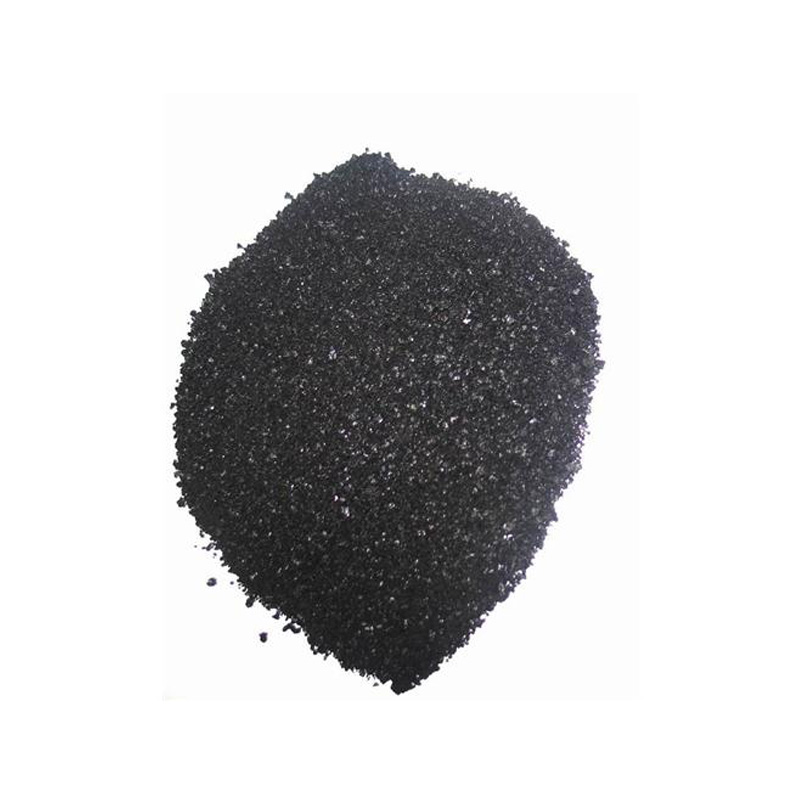Exploring the Benefits and Applications of Bulk Sulphur Dyes in Textile Industry
The Market Dynamics of Wholesale Sulphur Dyes
Sulphur dyes have cemented their position in the textile industry as a cost-effective and versatile option for coloring a variety of fabrics. Primarily used for dyeing cotton, polyester-cotton blends, and other cellulosic fibers, these dyes are known for their excellent wash fastness and resistance to light, making them a popular choice among manufacturers. In this article, we will explore the market dynamics surrounding wholesale sulphur dyes, including their applications, benefits, and current trends.
Understanding Sulphur Dyes
Sulphur dyes are produced through the chemical reaction of sulphur compounds and amines, resulting in a class of dyes that are soluble in alkaline solutions. Unlike other types of dyes, such as reactive or disperse dyes, sulphur dyes undergo a reduction process to achieve their soluble forms, allowing them to bond effectively with cellulose fibers. Once applied to fabrics, the dye forms a stable complex, providing vibrant colors and durability.
Applications of Sulphur Dyes
The versatility of sulphur dyes allows them to be utilized in various applications beyond traditional textile dyeing. They are commonly used in
1. Denim Finishing The ability of sulphur dyes to produce deep hues makes them ideal for denim fabric. Manufacturers often employ these dyes to achieve the classic blue color associated with jeans.
2. Home Textiles Items such as curtains, upholstery, and bedding utilize sulphur dyes to provide vibrant colors without compromising on wash fastness.
Benefits of Wholesale Sulphur Dyes
The wholesale market for sulphur dyes presents several advantages for buyers and manufacturers alike
wholesale sulphur dyes

1. Cost-Effectiveness Sulphur dyes are generally less expensive than reactive or vat dyes, making them an attractive option for bulk purchases. This cost advantage is particularly significant in large-scale industrial applications.
2. Environmental Considerations With increasing scrutiny on chemical processes in dyeing, sulphur dyes have gained favor due to their relatively lower environmental impact compared to other dye classes. Many manufacturers are moving toward more sustainable practices, making sulphur dyes an appealing option.
3. Color Range The vast range of shades available within the sulphur dye category enables producers to cater to diverse consumer preferences. From earthy tones to vibrant colors, sulphur dyes provide flexibility in product offerings.
Current Trends in the Sulphur Dye Market
As the textile industry evolves, so do the trends impacting the wholesale sulphur dye market. Some notable trends include
1. Sustainability As consumers increasingly demand eco-friendly products, manufacturers are focusing on developing sulphur dyes that are produced through sustainable processes. This includes sourcing raw materials responsibly and minimizing waste.
2. Technological Advancements Innovations in dyeing technology are leading to more efficient applications of sulphur dyes, reducing water and chemical usage, thus lowering the environmental footprint of dyeing processes.
3. Global Market Growth Emerging markets in Asia, particularly in countries like India and China, are witnessing significant growth in the textile sector, further driving the demand for sulphur dyes. Wholesale suppliers are expanding their reach to tap into these burgeoning markets.
Conclusion
The wholesale sulphur dye market is characterized by its cost-effectiveness, versatility, and ongoing evolution toward sustainability. As manufacturers continue to seek reliable and vibrant dyeing solutions, sulphur dyes remain a staple in the textile industry. Understanding the market dynamics, applications, and trends is crucial for stakeholders aiming to capitalize on this essential segment of the dyeing industry. As sustainability and innovation shape the future of textile coloring, sulphur dyes are poised to play a pivotal role in meeting industry demands.
-
The Timeless Art of Denim Indigo Dye
NewsJul.01,2025
-
The Rise of Sulfur Dyed Denim
NewsJul.01,2025
-
The Rich Revival of the Best Indigo Dye
NewsJul.01,2025
-
The Enduring Strength of Sulphur Black
NewsJul.01,2025
-
The Ancient Art of Chinese Indigo Dye
NewsJul.01,2025
-
Industry Power of Indigo
NewsJul.01,2025
-
Black Sulfur is Leading the Next Wave
NewsJul.01,2025

Sulphur Black
1.Name: sulphur black; Sulfur Black; Sulphur Black 1;
2.Structure formula:
3.Molecule formula: C6H4N2O5
4.CAS No.: 1326-82-5
5.HS code: 32041911
6.Product specification:Appearance:black phosphorus flakes; black liquid

Bromo Indigo; Vat Bromo-Indigo; C.I.Vat Blue 5
1.Name: Bromo indigo; Vat bromo-indigo; C.I.Vat blue 5;
2.Structure formula:
3.Molecule formula: C16H6Br4N2O2
4.CAS No.: 2475-31-2
5.HS code: 3204151000 6.Major usage and instruction: Be mainly used to dye cotton fabrics.

Indigo Blue Vat Blue
1.Name: indigo blue,vat blue 1,
2.Structure formula:
3.Molecule formula: C16H10N2O2
4.. CAS No.: 482-89-3
5.Molecule weight: 262.62
6.HS code: 3204151000
7.Major usage and instruction: Be mainly used to dye cotton fabrics.

